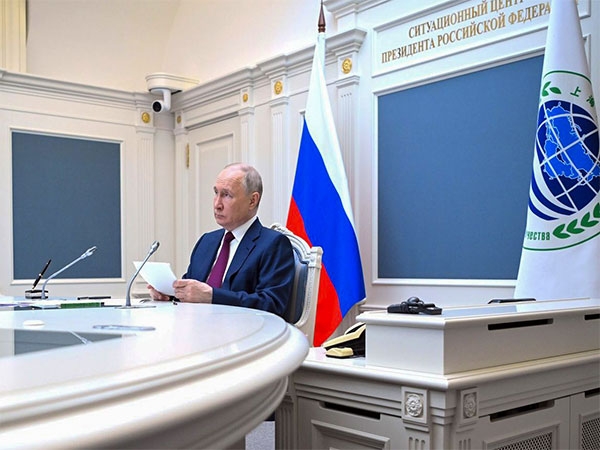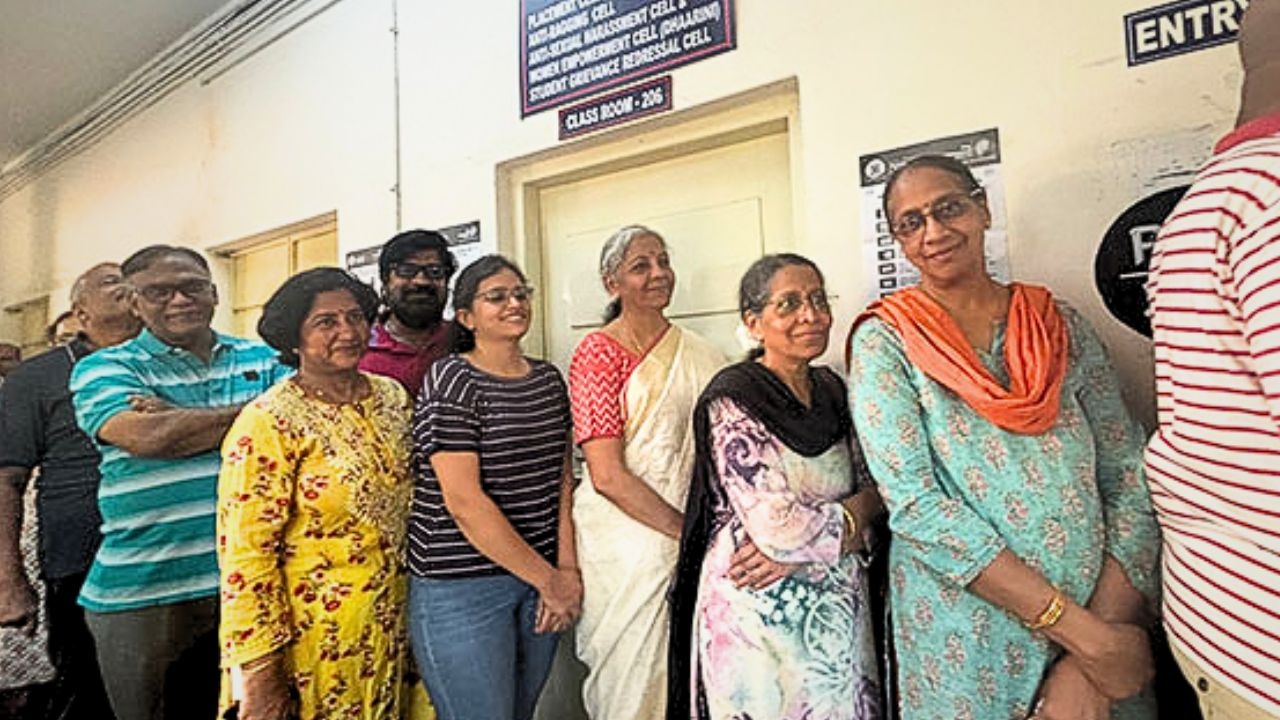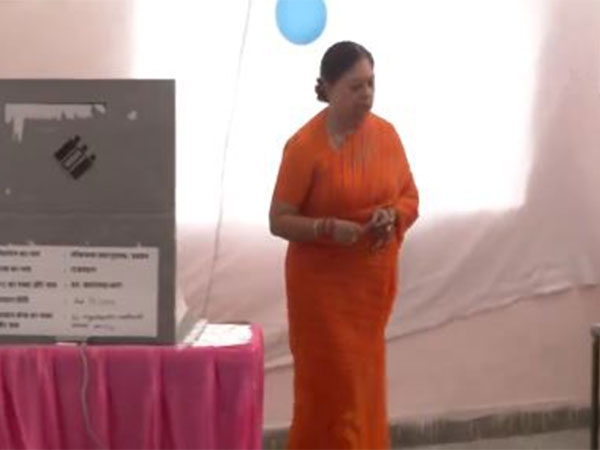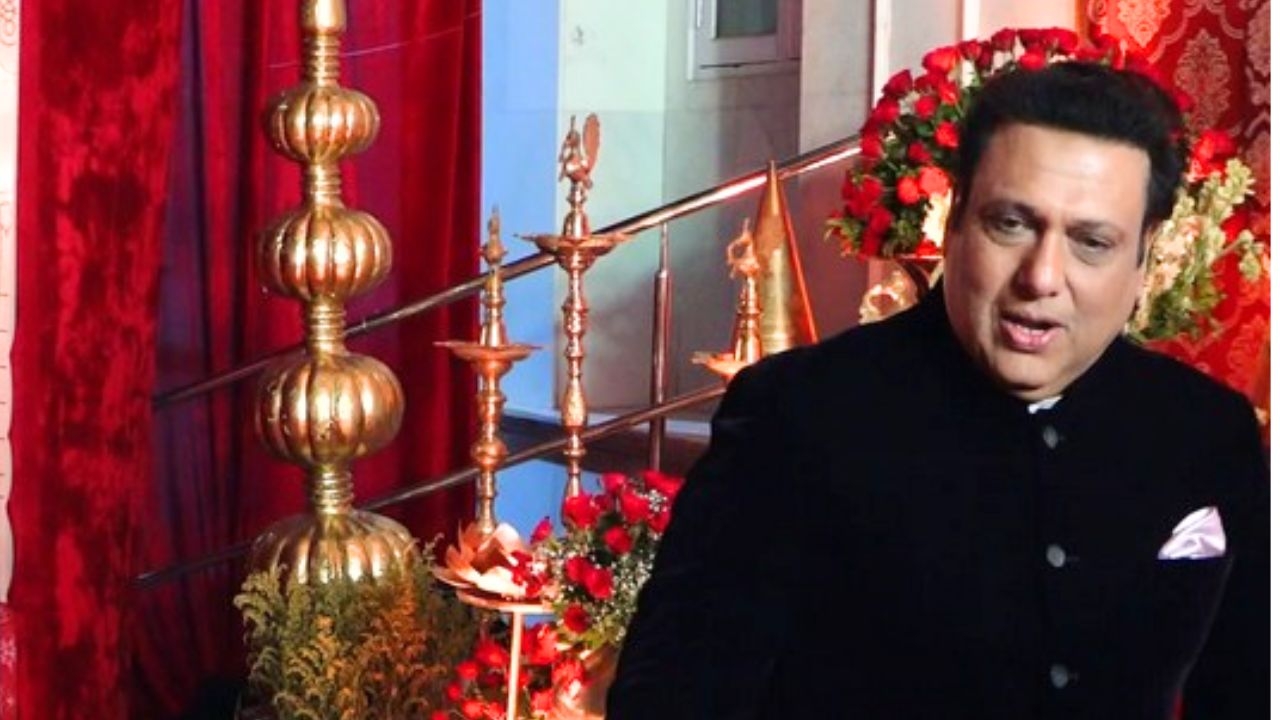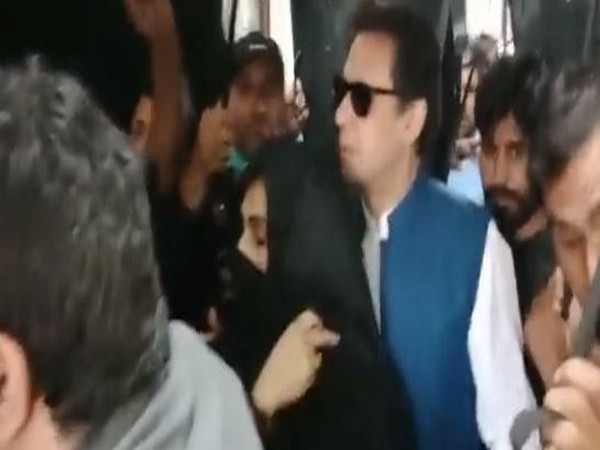Headless caged parrot: Is Modi govt trying to tinker with the CBI?

It's surprising that India's premier probe agency, the Central Bureau of Investigation, has been working without a full-time chief since 2 December 2016.
The Central government's failure to appoint a Director has raised questions about its intentions, with many alleging that it wants to tinker with the agency that handles a host of high-profile political and criminal cases.
Last week, the government appointed Rakesh Asthana, a 1984 batch IPS officer of the Gujarat cadre, as caretaker director. On his part, Asthana enjoys a clean reputation and has served in the CBI before as an SP and a DIG, besides his current stint as the Additional Director. This is unlike some of the CBI's past Directors, Ranjit Sinha being a recent example.
However, the government failed to convene the important meeting of the selection committee, comprising the Prime Minister, the Leader of the Opposition and the Chief Justice of India, before previous director Anil Sinha was due to retire. It instead decided to give Asthana additional charge, buying more time.
Is Asthana close to BJP leadership?
A former CBI officer says there is no precedent for a temporary appointment such as this. He says this is especially baffling, especially since many legislative changes were brought in to ensure that the agency, once described as a 'caged parrot', remained free of the government's control.
It is being alleged that Asthana has got the job because he's close to the BJP leadership. After all, he hails from the Gujarat cadre (where Prime Minister Narendra Modi served as Chief Minister, and BJP national president Amit Shah as Home minister), and was part of important investigations, including the SIT that probed the Godhra train burning incident of 2002.
Asthana is also junior to a lot of other officers in the Indian Police Services. Krishna Chaudhary, the Director General of the Indo-Tibetan Border Police, for example, is an officer of the 1979 batch. Sharad Kumar, the National Investigation Agency chief, who was recently given an extension, too, belongs to the 1979 batch. Unlike either of them, Asthana is still not empanelled as a Director General.
Asthana was brought in as additional director from Gujarat in April this year. Then, two days before Anil Sinha was to demit office, the government transferred the seniormost CBI officer, Special Director RK Dutta, to the Home Ministry, paving the way for Asthana to be given the caretaker charge.
PIL in Supreme Court
A PIL filed by the NGO Common Cause in the Supreme Court alleges that "the government took a series of steps in a completely mala fide, arbitrary and illegal manner to ensure that Mr Rakesh Asthana was given the charge of CBI Director."
The PIL cites the important Vineet Narain judgement of the Supreme Court and subsequent changes in the DSPE Act, calls it a dereliction, which ought to be set aside.
"The Central government did not convene a meeting of the selection committee comprising the Prime Minister, the Leader of the largest Opposition party and the Chief Justice of India, even though it was fully aware that Mr Anil Sinha was going to demit the office of CBI Director on 02.12.2016. This deliberate dereliction was in complete violation of the DSPE Act, 1946, as amended by the Lokpal Act, 2013," the PIL says.
Before Asthana was given the charge, several senior officials' names were doing the rounds. Besides Dutta, the other names included Alok Kumar Verma, the current Commissioner of Delhi Police, Archana Ramachandran, a Tamil Nadu cadre officer who has served in the CBI, and Krishna Chaudhary, DG of the ITBP, and Satish Mathur, the DGP of Maharashtra Police.
Interestingly, when former director Ranjit Sinha brought in Ramachandran as an Additional Director without the nod of the committee headed by the Central Vigilance Commission (as per protocol), the move was quashed by the Supreme Court.
Allegations of impropriety under UPA
The CBI has been facing a serious crisis despite the Supreme Court's repeated interventions to ensure that it lives up to its motto of 'industry, impartiality and integrity'.
There have been stories during the term of the last UPA government, which pointed to large scale political and corporate interference. A prime example was the way Ranjit Sinha, the former CBI chief, was found to be meeting several accused in the coal scam at his residence.
Another glaring case of interference came to the fore when the then law minister Ashwini Kumar sought to vet the report of CBI investigations into the scam before they were submitted to the Supreme Court.
There were question marks also on the way the agency was handing out clean chits to several corporate entities, which led to an intervention by the SC, which directed the CVC to go through these clean chits. The CVC had then asked the agency to register FIRs in at least 14 cases out of the 64 that it had studied in detail. Some of the corporates who got relief then included the Tata group, the Aditya Birla Group, Reliance Industries and SKS Ispat.
Insiders had pointed out that while the CVC did not dispute closing cases against the Tatas, Birlas and the Jindals, its approval wasn't so forthcoming when it came to Reliance and the blocks that it secured in Sasan, Singrauli.
Post the CVC's intervention, the agency registered four more FIRs, against Pramod Kumar Gupta, former Corporate Affairs Minister and a close aide of Lalu Prasad Yadav, and against SKS Ispat, the firm which allegedly is a front for former cabinet minister Subodh Kant Sahay.
The CBI's role also came under a cloud for its investigations in the Ishrat Jahan encounter probe. After a political slug-fest, the agency had to finally concede that it had no evidence to file a chargesheet aganst Amit Shah, the then Home minister of Gujarat.
Interestingly, the Enforcement Directorate has recently written to the CBI to probe both Ranjit Sinha and another former Director, AP Singh. The latter faces allegations of being mixed up with Moin Qureshi, who is being investigated by the ED.
Under the NDA govt
Even after the NDA government took over, the agency has faced criticism on going slow on important investigations, including the case which involves former Union Minister P Chidambaram and his controversial FIPB approval in the Aircel Maxis deal, part of the 2G scam investigations.
When the agency did not challenge the sessions court's order in the Sohrabuddin Sheikh case, which discharged Amit Shah, and failed to defend its own chargesheet, it again led to accusations that the CBI was acting under political pressure.
The CBI faced another serious embarrassment when serving officer BK Bansal and his family committed suicide, citing harassment by CBI officials, including DIG Sanjeev Gautam, who recently completed his term in the agency.
A former official points out that the case was a result of appointment of officers who have little experience of the CBI, and end up treating corruption cases like they would do in cases of special crimes like murder.
Prime Minister Modi has an opportunity to set right everything which ails the agency and restore its credibility - if he follows laid down procedures and names a successor to Sinha.
But once again, it's more likely that the courts may have to intervene to salvage the situation.
Edited by Shreyas Sharma
More in Catch
BK Bansal suicide: Is Amit Shah influencing the CBI?
Why Venkaiah Naidu's 'CBI is no longer a caged parrot' claim doesn't fly
CBI faces heat after Chhattisgarh murder accused commits suicide in custody
First published: 6 December 2016, 21:47 IST
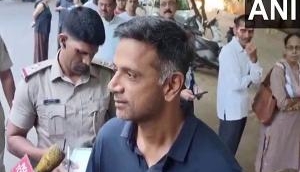
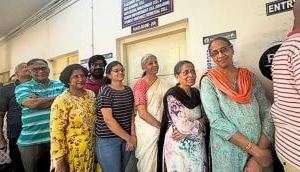
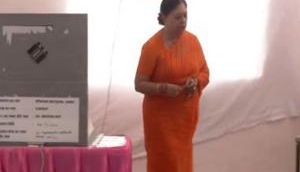

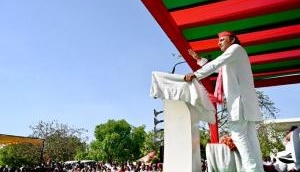
![BJP's Kapil Mishra recreates Shankar Mahadevan’s ‘Breathless’ song to highlight Delhi pollution [WATCH] BJP's Kapil Mishra recreates Shankar Mahadevan’s ‘Breathless’ song to highlight Delhi pollution [WATCH]](http://images.catchnews.com/upload/2022/11/03/kapil-mishra_240884_300x172.png)

![Anupam Kher shares pictures of his toned body on 67th birthday [MUST SEE] Anupam Kher shares pictures of his toned body on 67th birthday [MUST SEE]](http://images.catchnews.com/upload/2022/03/07/Anupam_kher_231145_300x172.jpg)


